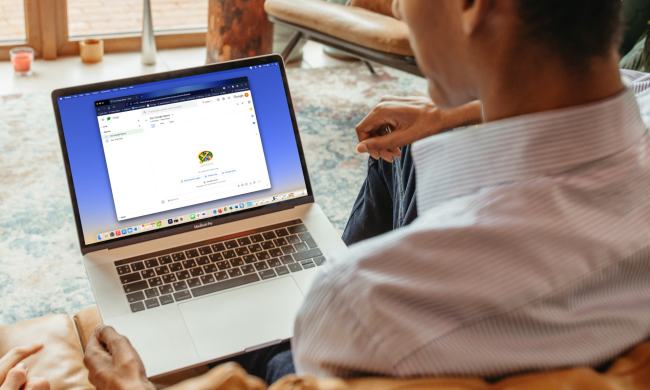
At a press event in Miami, the International Corporation for Assigned Names and Numbers (ICANN) along with the Internet Society, the Internet Architecture Board, and the Number Resources Organization marked the formal handoff of the last unallocated blocks of IPv4 addresses to each of the five major regional Internet network information centers.
Officially, this handoff means the global Internet has run out of address space, although it doesn’t mean the virtual sky is falling: the existing IPv4 network of “dotted-quad” IP addresses we’re so familiar with (like 67.148.71.18) will continue to function for years to come, and regional Internet authorities, network operators, and individual ISPs will have large pools of traditional IP addresses they can allocate for new services. The existing address space can be (and is) being extended with techniques like gateways, private networks, and other technologies to get more use out of the network in place. But the writing is on the wall: the days of the IPv4 address space are numbered, and the world—Web sites, network operators, ISPs, mobile operators, and more—will be eventually be transitioning to the vastly larger (and somewhat less human-friendly) address space afforded by the IPv6 addressing system.
“The current IPv4 based network will of course continue to function as usual,” said the Internet Society’s president and CEO Lynn St. Amour. “We can think of it as generational change—the older, previous generation doesn’t go away and still has a lot to contribute, but it is the newer generation that will carry the future.”
In the meantime, momentum is building towards World IPv6 Day, scheduled for June 8, 2011. World IPv6 Day will not mark some kind of artificial cut-off point where IPv4 addresses stop working and only IPv6 addresses can be used: everyday Internet users won’t notice anything spectacular. Instead, World IPv6 Day is intended to be a fixed point at which major Internet services will start offering their content over IPv6 as well as normal IPv4 addresses. For folks who are on IPv6 networks, they’ll be able to connect to those services directly using IPv6 services. Companies like Google, Facebook, Akamai, and Yahoo have already signed on board, as has Microsoft’s Bing search engine. The event is intended to raise awareness of IPv6, as well as act as a broad testbed for ironing out problems with large-scale IPv6 deployments.

